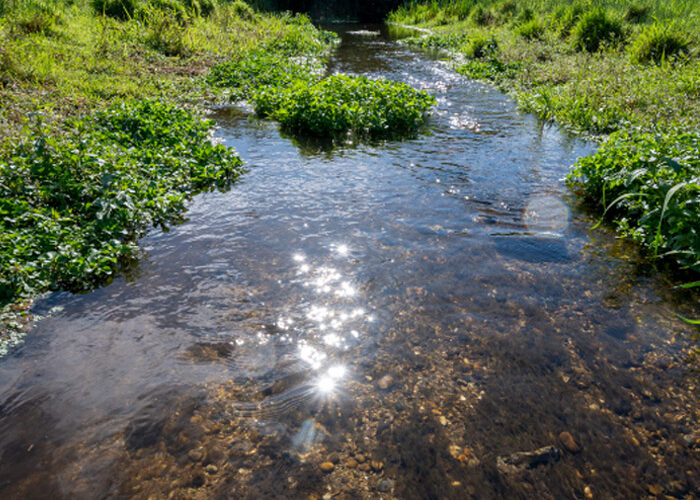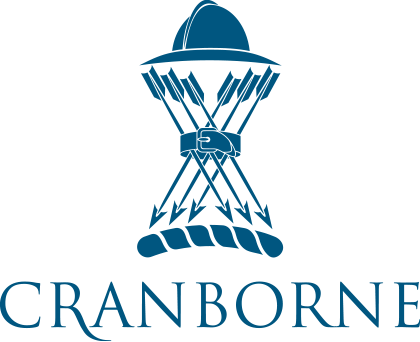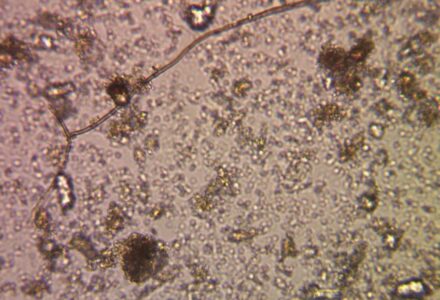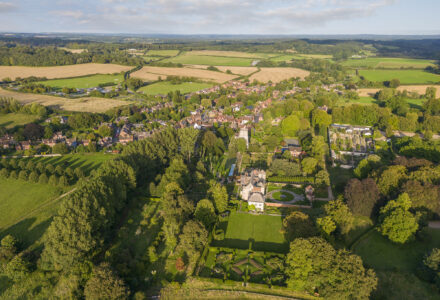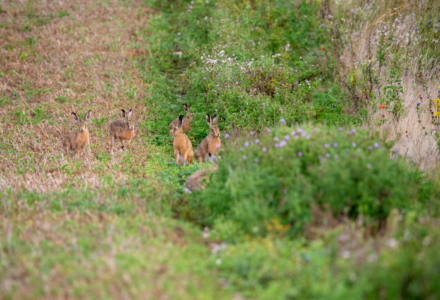The River Crane Survey 2022 and Enhancement Works
The River Crane begins as a winterbourne lowland chalk stream rising in the village of Pentridge and beyond Cranborne, joining the Moors river system before entering the Stour.
Chalk streams are a special type of spring-fed river unique to England and northwest Europe. The rich diversity of plants and freshwater invertebrates that live in the crystal-clear, calcium rich water are a particular speciality of chalk rivers. Their seasonal headwaters (winterbournes) also have their own unique suite of species. A level of in-stream vegetation is good for the river – plants oxygenate the water, their shade helps keep the water cool, they supply food, shelter and breeding habitat for fish and invertebrates, and they create a more dynamic flow.
Southeast England contains the vast majority of the global chalk landscape with 283 named chalk streams – 85% of the worldwide total.
The ecological state of our chalk streams has become a growing concern as they are under severe pressure from pollution and other negative factors, posing a severe threat to the natural communities that thrive there.
Chalk geology began about 100 million years ago in the Cretaceous (the last period of the dinosaurs), in warm shallow seas when sea levels were much higher. These seas were home to vast clouds of microscopic organisms with shell-like exoskeletons. At death their bodies were claimed by the ocean floor.
In 2022, the Wessex Rivers Trust and Dorset Environmental Records Centre were commissioned to survey the upper reaches of the River Crane. The survey included data on habitats, birds, invertebrates, fish and flora. Riverfly samples were used as an indicator of water and habitat quality. The survey helped identify areas that could be improved for wildlife.
A programme of enhancement work was carried out in 2023 including:
- Silt traps to stop sediment run-off from tracks during heavy rainfall
- Reduction of woody vegetation to create sunlit patches along the stream corridor and laying it in the channel to diversify flow
- Removal of redundant man-made obstructions
- Planting rare tree species – native black poplar
- Educational visits for schools and interest groups
What can you do to help?
- Be mindful of water usage – the more water we use in our homes means less for our rivers and wildlife.
- Enjoy rivers safely and respectfully – keep your dog under control so as not to disturb wildlife and take your rubbish home with you.
- Did you know that roadside drains feed directly into the river? Switch to eco-friendly car wash products and avoid disposing of waste in the drain wherever possible.
- Do not deposit garden waste such as grass cuttings into the river.
